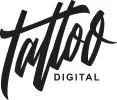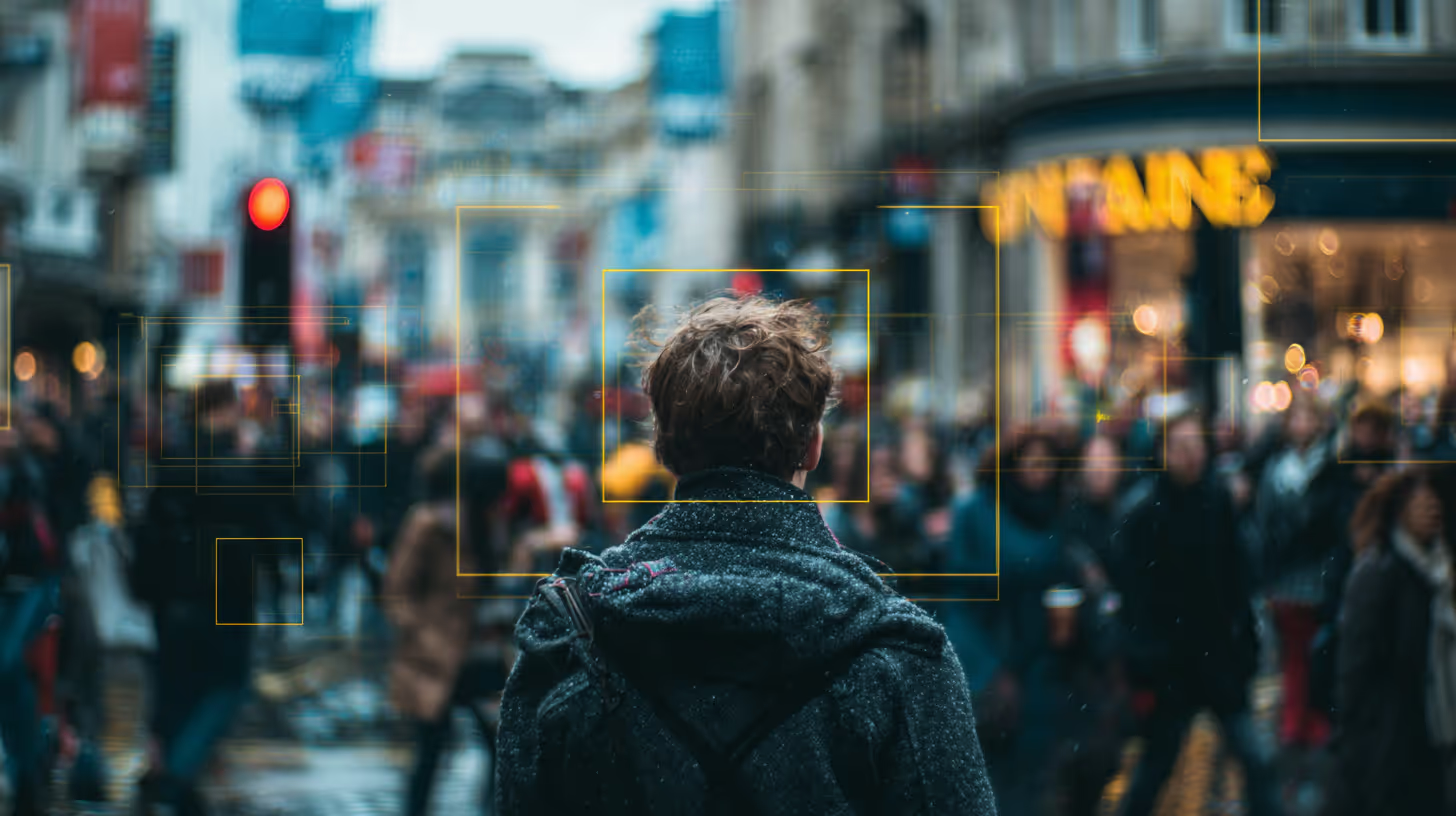Having been in the industry since before SEO or UX was actually a thing, I’ve witnessed countless shifts in how we do things both as a user and as a brand—starting with television ads on my first color tube TV (yes I’m old) to the .COM boom and internet marketing revolution. Today, we are looking at what is probably another seismic shift: AI and, in the case of this article, AI Search. Those brands who do not learn and adapt their strategies will be quickly left in the dust of those who do. Below are some things that start the journey of “knowing what you may not know” about AI search and the essential considerations and tools to monitor and lean into it.

Why AI Search Matters
Traditional search engines relied on keyword matching and link-based ranking systems. But, AI-driven search engines—like Google’s Search Generative Experience (SGE), Microsoft’s Copilot, and even social media algorithms—are changing how information is retrieved and displayed. These AI models interpret intent, understand natural language, and generate personalized responses, often eliminating the need for users to click on multiple links to find answers.
For brands, this means:
A Decline in Organic Clicks: AI-generated responses often summarize information within search results, reducing the need for users to visit those landing pages, websites, and social posts we so love.
Shift in SEO Strategies: Traditional keyword stuffing is dead. AI favors contextually rich, authoritative, and structured data.
New Advertising Opportunities: AI-driven search is redefining ad placements, and understanding how your brand fits into this new ecosystem is important.

Ok so….What is Intent?
Intent refers to the underlying goal or purpose behind a user’s query. Instead of focusing solely on the keywords used, AI interprets what the user truly wants—whether they’re looking to buy, learn, compare, or find a specific location. Understanding intent allows AI to deliver more accurate, relevant, and satisfying results. For brands, aligning content with user intent ensures higher visibility in AI-powered search experiences and greater engagement from audiences. So, we have to start thinking differently and more conversationally with our content.
Key Strategies to Consider for AI Search
- Prioritize Conversational and Contextual Content AI-powered search engines thrive on natural, question-based content. Brands have to consider shifting towards creating content that mimics how people speak and ask questions. (This was made for me) Think FAQ sections, detailed product descriptions, and well-structured blog content.
- Optimize for Zero-Click Searches With AI summarizing answers directly in search results, structured data (such as schema markup) is the focus moving forward. Ensure your content is easy for AI to extract and present in featured snippets.
- Leverage AI-Generated Content (Wisely) AI tools like ChatGPT, Jasper, and Copy.ai can help scale content production. However, human oversight is essential to maintain brand voice, accuracy, and originality. Don’t just let it write your stuff and call it a day.
- Invest in Video and Visual Search AI doesn’t just process text—it interprets images and videos as well. Optimizing for video search (via YouTube SEO) and leveraging AI-driven visual search tools can boost discoverability. These are built in to your content strategy but can be significant drivers for discoverability.
- Master Entity-Based Search Optimization AI search doesn’t just rank keywords—it identifies entities (brands, people, products) and their relationships. Ensure your brand is consistently mentioned across authoritative sources, directories, and databases like Google’s Knowledge Graph, etc. It’s not just link backs anymore; it’s actual content published in places considered noteworthy.

The Tools of the Trade.
Below are some tools that brands can leverage to start down the road to understanding where they are and where to improve.
- Google Search Console & Bing Webmaster Tools Still fundamental, these tools provide insight into search visibility and AI-generated result performance. Digital strategists and marketers live in these platforms still.
- SEO AI Tools (SurferSEO, Clearscope, MarketMuse) These platforms analyze AI search trends and help craft content that aligns with evolving search behaviors.
- AI-Powered Analytics (SparkToro, Crayon, SEMrush’s AI Features) Monitor how your brand appears in AI-driven search and track competitor performance.
- AI Chatbot Monitoring (Perplexity AI, Poe, ChatGPT Plugins) With conversational AI interfaces becoming the norm, brands must track how they are represented in chatbot responses.
- Visual Search Optimization (Google Lens, Pinterest Trends, Clarifai) As visual search grows, tools that analyze image-based search trends can provide a competitive edge.
Future-Proofing Your Brand in the Age of AI Search
AI-driven search isn’t just a trend—it’s the future of digital discovery. Brands must proactively adjust their SEO, content, and digital strategies to remain visible and relevant. Those who adapt early will not only maintain but grow their market share in this rapidly changing landscape.
As advertising veterans, we know that success comes from anticipating change—not reacting to it. AI is rewriting the rules of search, and the brands that embrace its potential will be the ones leading the pack.














